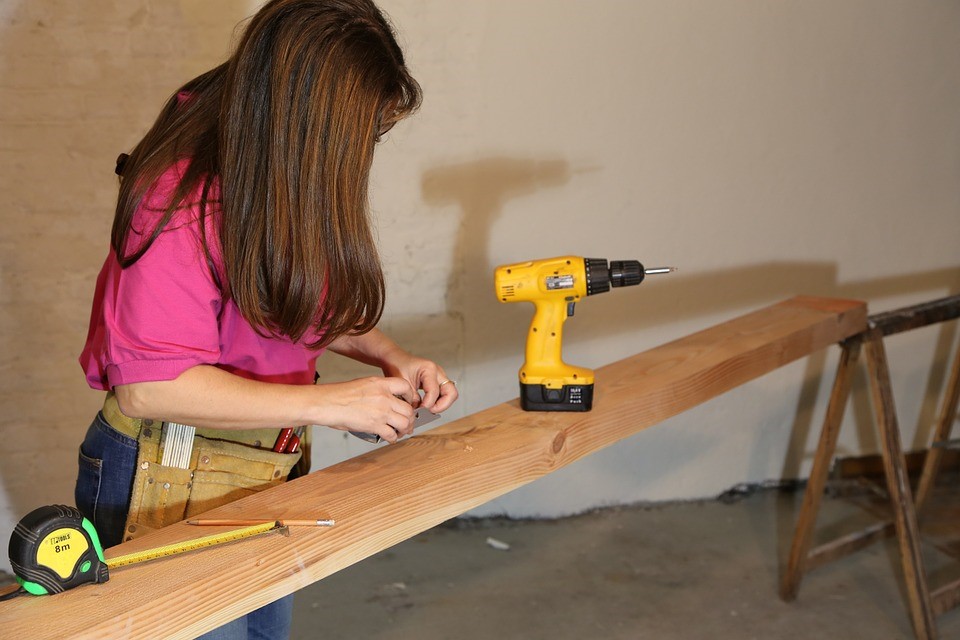Avoid Any Drama: Safeguard Yourself.
If you are proud of your home and run a tight ship – you’ll want to avoid having to make costly repairs. It’s also the same if you run a small business and have to maintain a building. You need to be able to nip a structural or interior problem in the bud so that it doesn’t end up costing you the earth. Many repairs you can do yourself if you catch them quick enough. It’s also really important that you invest in the correct tools and equipment when doing your repairs. Follow recommendations and ask people that are in the know.
1. Fix a dripping tap
A dripping tap can add a lot to your annual water bill. It also makes an incredibly annoying sound. If you have a dripping tap – you should see to it as soon as possible to avoid it racking you up a costly bill. YouTube is a treasure trove of online tutorials and can really help guide you through simple repairs. Watch a few videos and see which one is best for you. Remember if you have to go out to buy a part, take the measurements with you. ou don’t want to be confused when you’re in-store and buy something that is the wrong size. Avoid eyeballing the size too because it’s bound to be inaccurate.
2. Tackle water damage
If you have a leak, then it will undoubtedly cause the building to suffer from damp and potentially rot. This will happen especially underground – in somewhere like a basement. Bathrooms also suffer from this frequently. The sooner you restore things to how they should be the less it will cost you in the long run. To prevent flaky walls and mold, avoid putting pipes too near to the floor if possible and ensure the foundation’s slope away from the house. Also, make sure you regularly clean your downspouts.
3. Replace your flooring
At least every 10 years you should be replacing your flooring with a Moisture Mitigation System. This will help you avoid any moisture in the floor related issues. Prevention is always best. If you install a system that will defend your floor from the problems of moisture – you could save yourself a fortune. When preparing to lay your floor with a system, research the area that you are in. This way you’ll be aware of the kind of protection that you need and what is vital to you. It’s always best to be aware of the changes in the environment where your building is. If there is a new business moving nearby that gives off fumes – it could affect your atmosphere.
4. Clean the gutters
If you suddenly experience a flooded floor or water spilling from your gutter; it’s time to get your cleaning tools out. Try not to leave it too long; your gutters really should be cleaned and emptied from debris at least twice a year. Always make sure sprouts point away from the house foundations too. This will prevent damage if things to overflow.




